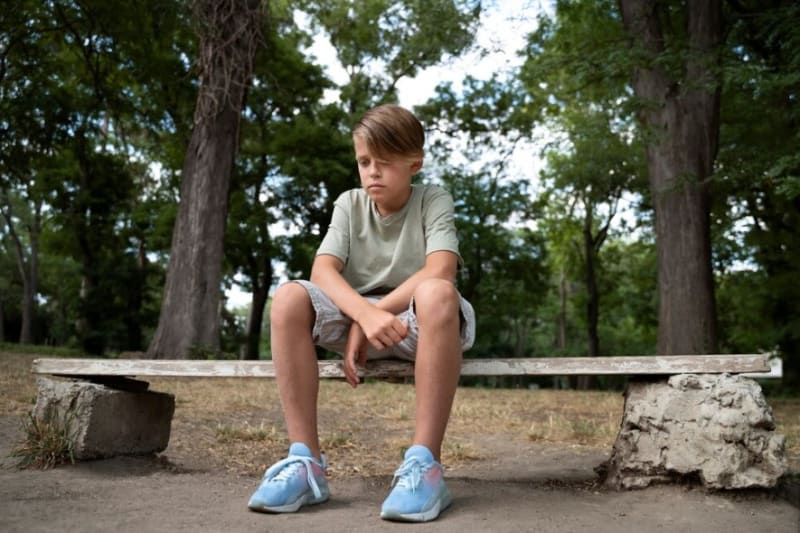
Most boot camps are modeled after military training. That means early mornings, strict schedules, and a lot of rules. Some kids might do okay in that kind of setup. But for teens who are already overwhelmed or emotionally shut down, that environment can feel harsh—and even unsafe.
They don’t need to be broken down. They need to feel seen. They need a space where someone’s asking, "What’s really going on?"
Avery’s House mental health services are built around that idea. There’s still structure, but it comes with support, licensed therapists, and people who actually understand what teens are going through.
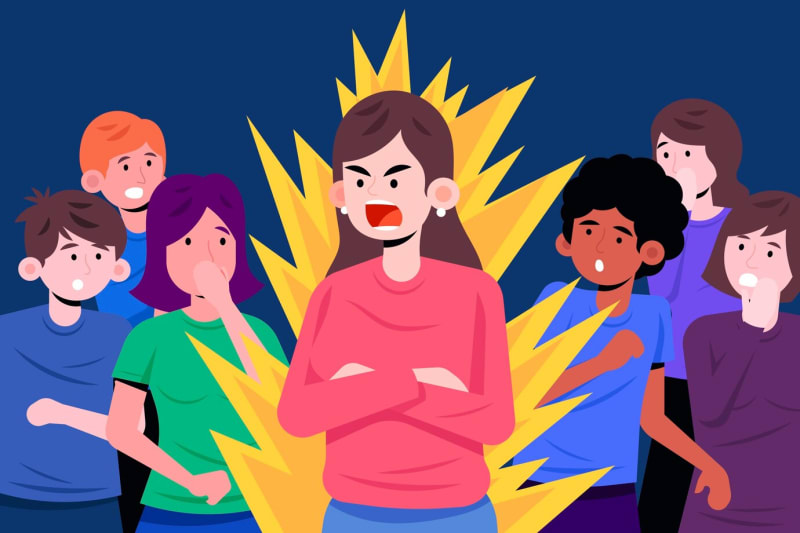
Some people believe that yelling, strict rules, and discipline build resilience. And maybe in some cases, that’s true. But when teens are already carrying emotional weight, adding pressure doesn’t help—it usually makes things worse.
If your teen is already feeling anxious or shut down, putting them in a setting where they’re punished for showing emotions can backfire. They might follow the rules to get through it, but they leave feeling even more closed off. And the moment they’re back home, the same issues come right back.
Instead of breaking them down, real healing happens when you build them back up—with support, trust, and consistency. That’s what makes supportive options instead of military-style programs a better fit for many families.
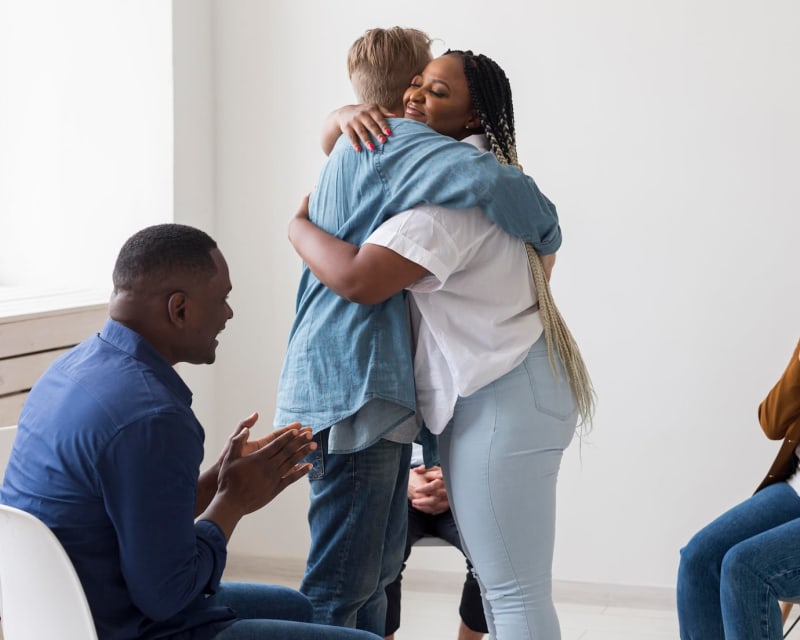
A lot of parents aren't informed that many boot camps don't have licensed therapists on staff, and that they are run by people with military backgrounds, or people who have general experience with kids.
Although that is not the same as having a licensed professional who understands teens who have gone through trauma, depression, or how to de-escalate a crisis.
If your teen is having real emotional struggles, they need an individual skilled in providing support, not just to implement rules.
Look for programs that have actual mental health professionals on-site. People who know how to work with teens gently and safely. That kind of care makes all the difference—not just while they’re in the program, but after they come home, too.
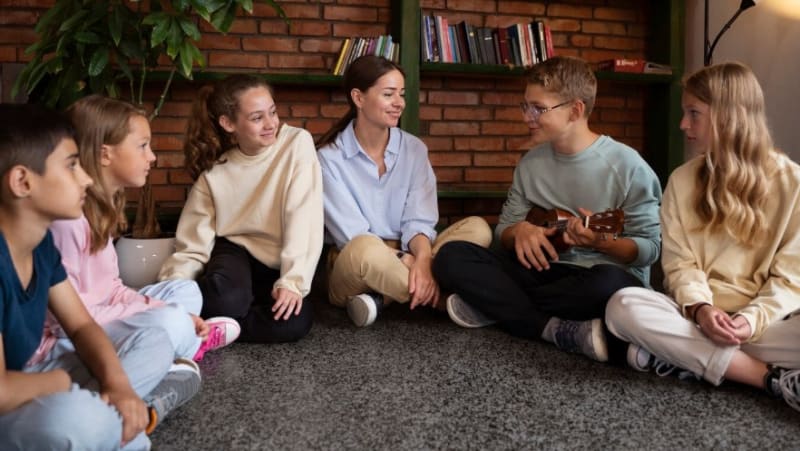
No two teens are the same. What works for one child might not help another at all. Some need quiet. Others need connection. Many just need someone to listen—without judging or trying to “fix” them.
Boot camps often follow a one-size-fits-all model. There’s little room for individual needs, personal history, or emotional sensitivity.
A more therapeutic program takes the time to learn who your teen is and what they’re going through. It builds a plan around them, not just around the rules.
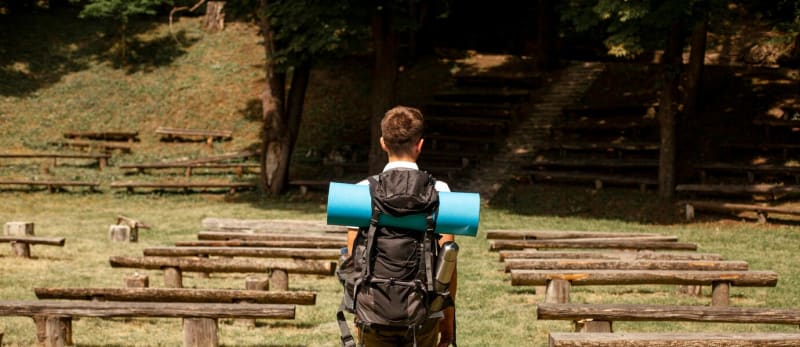
In many traditional boot camps, family involvement is minimal. Parents might get occasional updates, but they’re not often invited to be part of the process. That’s a problem.
Family relationships are a key part of healing. You should know how your teen is doing. You should also have tools to support them when they return home.
Programs that welcome family involvement help create stronger outcomes and better transitions once treatment ends.

Maybe someone’s told you your teen just needs “tough love.” That is the only way to help them is to break them down so they’ll build themselves back up.
But that approach? It’s not always helpful—and for some teens, it can do more harm than good.
What actually helps is a place where they feel safe. Where the people around them treat them with respect but also hold healthy boundaries. Teens still need limits—but they need understanding just as much.
Programs that mix structure with kindness tend to go further. They don’t just push kids to behave—they help them grow without leaving them feeling broken or ashamed.

The goal isn’t just to get your teen through a rough patch. It’s to help them grow into someone who can manage stress, make healthy decisions, and feel good about who they are.
That kind of growth doesn’t come from punishment. It comes from learning about themselves, about their triggers, and about how to ask for help.
Supportive alternatives to boot camps focus on these exact things. They teach teens to regulate emotions, build confidence, and develop lifelong coping skills.
So, what are the options?
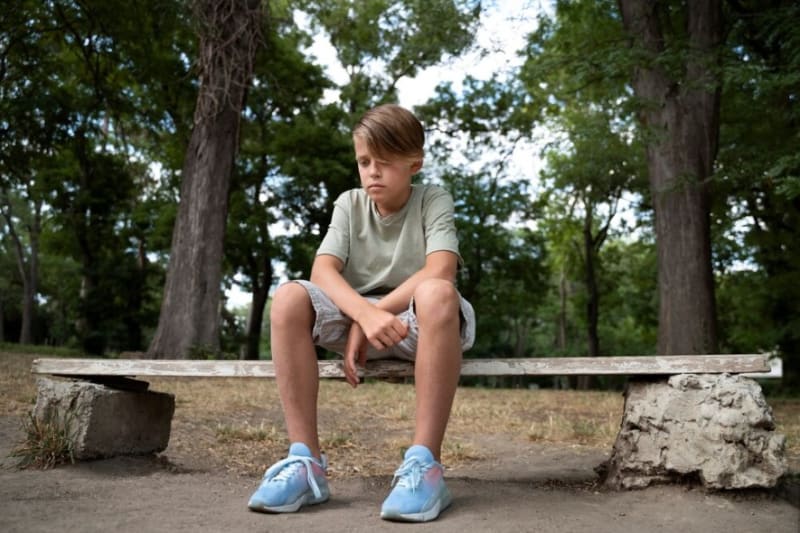
 Boot Camps Focus on Obedience—Not Mental Health
Boot Camps Focus on Obedience—Not Mental Health Harsh Environments Can Do More Harm Than Good
Harsh Environments Can Do More Harm Than Good Many Boot Camps Lack Qualified Mental Health Staff
Many Boot Camps Lack Qualified Mental Health Staff Every Teen Has a Story—And a Different Need
Every Teen Has a Story—And a Different Need You Deserve to Be Involved in the Process
You Deserve to Be Involved in the Process Tough Love Isn’t the Only Way
Tough Love Isn’t the Only Way Long-Term Success Starts with the Right Support
Long-Term Success Starts with the Right Support